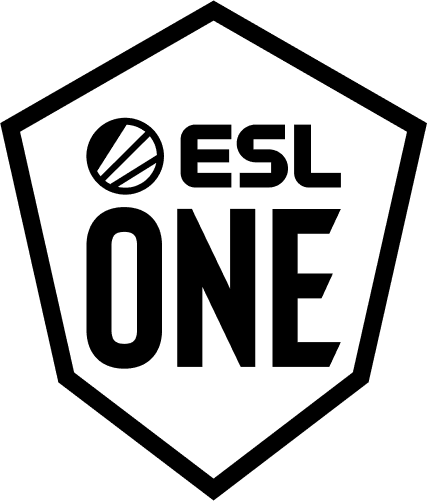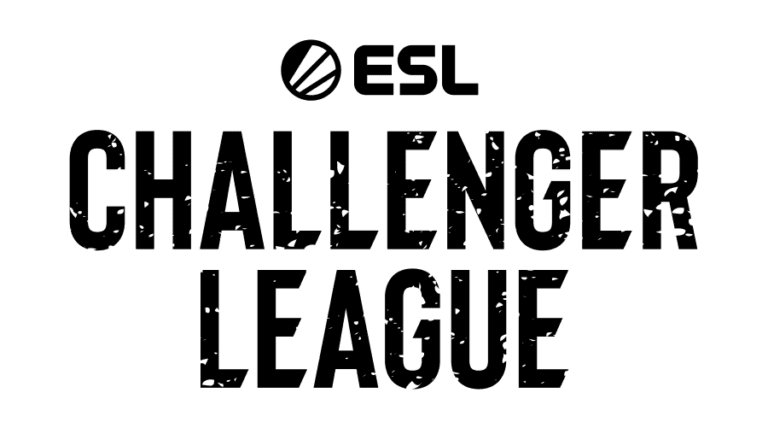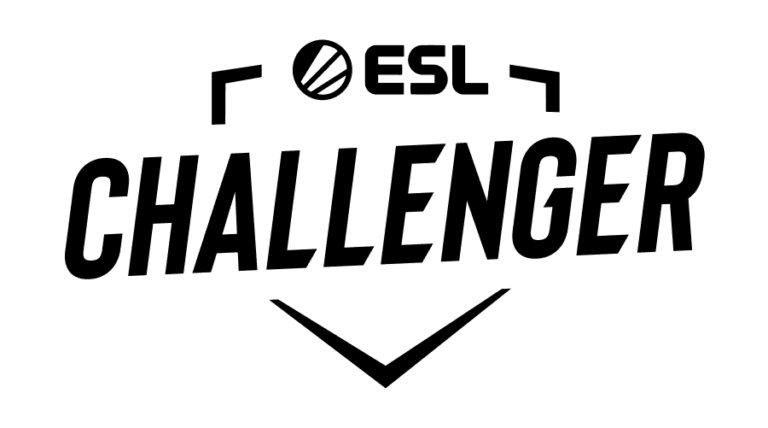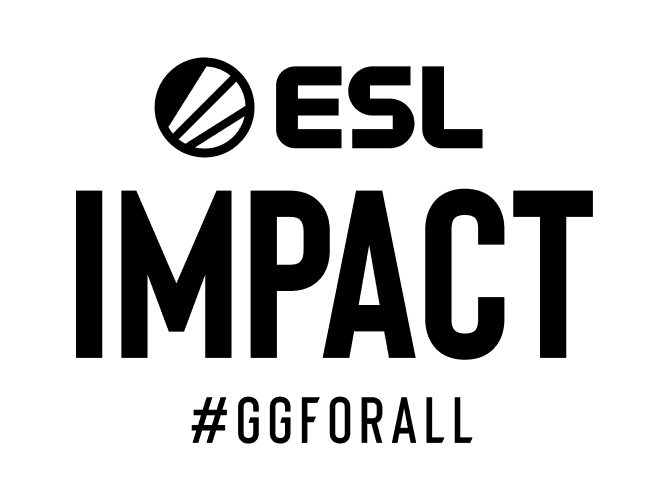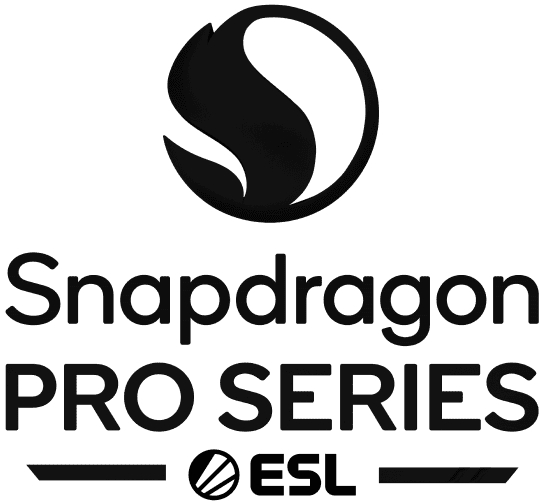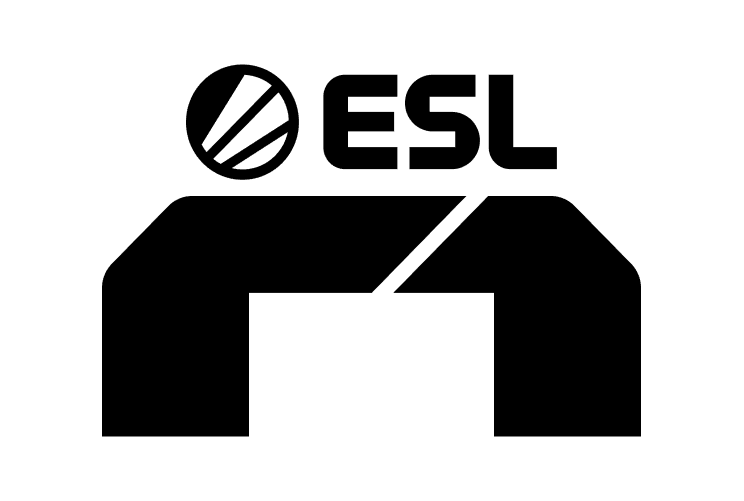The interseason transfer phase started off with a series of major roster changes. long-time names like Alexey "Alex Ich" Ichetovkin, Brian "TheOddOne" Wyllie and William ''scarra'' Li are stepping down to make way for other talent. Reasons for these roster changes vary. While some teams want more individual skill, others need dedicated shotcallers or more commitment to the team. In several cases, retiring players just need a break to direct their attention to matters elsewhere.
Changing times
This split's roster swaps carry a different sentiment from what we've seen in past seasons. The changes are more unpredictable and seem much more punitive to underperforming competitors. Before, roster swaps were a rare occurrence and tended to happen only as a last resort. Top teams faced much less competition and were less pressured by the competitive climate. Now, however, League of Legends is one of the most popular eSports in the world, and with the glory that accompanies this comes increased pressure on teams and their players to perform.
 The iconic 2012 Team SoloMid lineup: Xpecial, Dyrus, Chaox, Reginald and TheOddOne. Dyrus is now the only player of this particular iteration remaining.
The iconic 2012 Team SoloMid lineup: Xpecial, Dyrus, Chaox, Reginald and TheOddOne. Dyrus is now the only player of this particular iteration remaining.Humble beginnings
Those who have played and followed League of Legends since the beginning are witness to a confirmation of what was already known: this is a new age of League of Legends. While several major gameplay changes over the course of time already had us see a wholly new League of Legends game, the names have remained the same - especially in North America. North America is iconic because the game's roots lie there. Across the various competitive regions the world has to offer, we see names that were once part of the very humble beginning that was the North American solo queue. Names like Maknoon, a Lilac and the now-retired ManyReason and Stanley were recognizable names in the early days.
Those days are behind us, however. Now, few of the original all-stars in North America are still active as part of a main lineup. The cosy community where being above 2000 Elo meant you were competitively relevant is no more, and the residual influence of this old boys' club has fallen into obscurity. Some of these players have gone on with their lives in favor of school or simply because they lost interest. They phased out and their 'retirement' was not a big deal in times where competitive League of Legends wasn't as huge as it is today. As time passes, names like Hoodstomp, Lapaka, SYDTKO and Lemongod are slowly fading from the collective memory.

It is because of this older generation that the current departures of older names hit us hard. XDG disbanding meant the end of the last recognizable traces of what once was APictureOfAGoose. Similarly, Team Coast's demise was the last breath of two years of Team Dynamic. While several members have found a place in other teams, the sum of their parts will likely never be recovered. Team SoloMid, for the longest time synonymous to its consistent lineup, is now but a brand. Its oldest member, Marcus ''Dyrus'' Hill, has been part of the team since January 2011. Aside from him, its hard to argue the 'old-schoolness' of the rest of the lineup's current members. Similarly, the only veteran Counter Logic Gaming player who's left in the team is Yiliang ''Doublelift'' Peng.

The next step
None of this can or should be regarded a bad thing per se. Other regions have been changeable like this for a while. Korea is infamous for its frequent and unforgiving roster changes. Europe's capriciousness is nicely illustrated by the several organizations who have had the pleasure of hosting a busload of players throughout the historical course of League of Legends – aAa, mousesports, SK Gaming and Millenium have all had between 25 and 40 unique members.
North America has always been the most transparent and accessible region, benefiting from its grassroots community and not being hindered by language barriers. Personalities have been a thing from the start, and the competitive culture was traditionally lax. This off-season marks a change, a sudden willingness to compete on a global scale. In fact, North America is the first region to initiate extracontinental player recruitment, overtaking the other regions in terms of professionalizing the eSport. Now, no other region has as many different international influences on its metagame, something to be admired and celebrated. Not only does it up the average quality of professional play, but it's also a sign of the prolonged longevity and financial health of the scene. There is still room to grow and the means to facilitate this are there.
Which North American names will you never forget? Let us know in the comments below!



